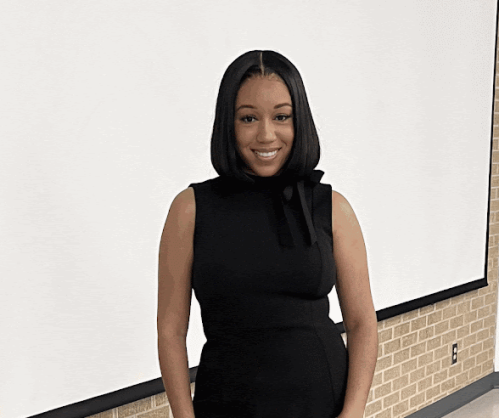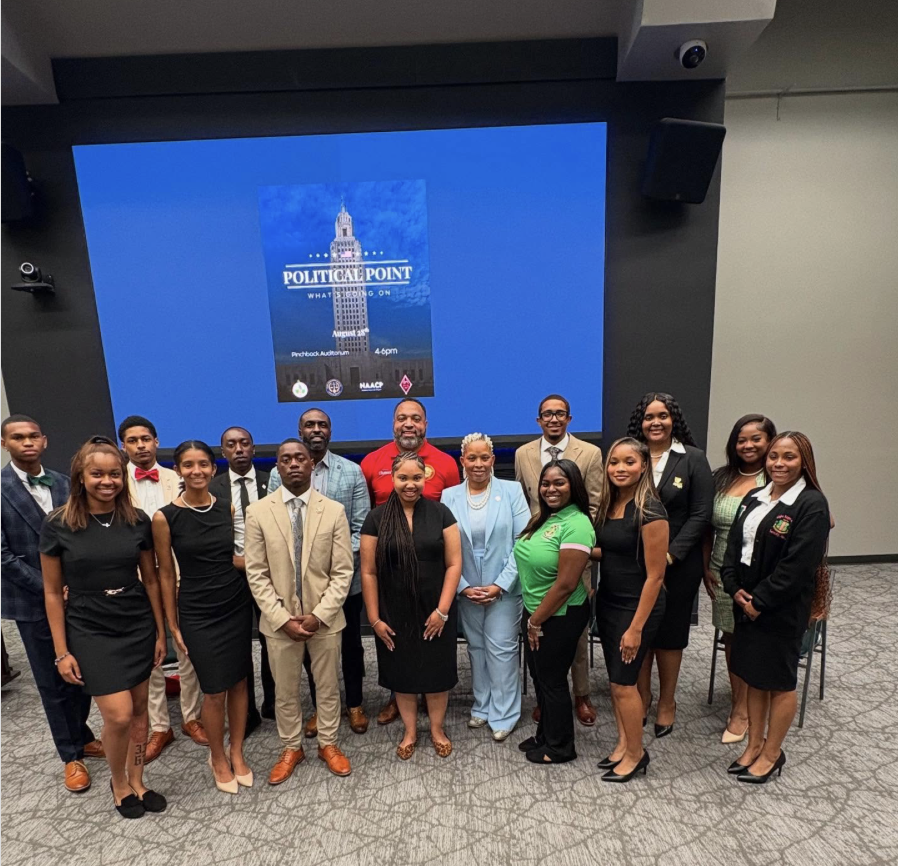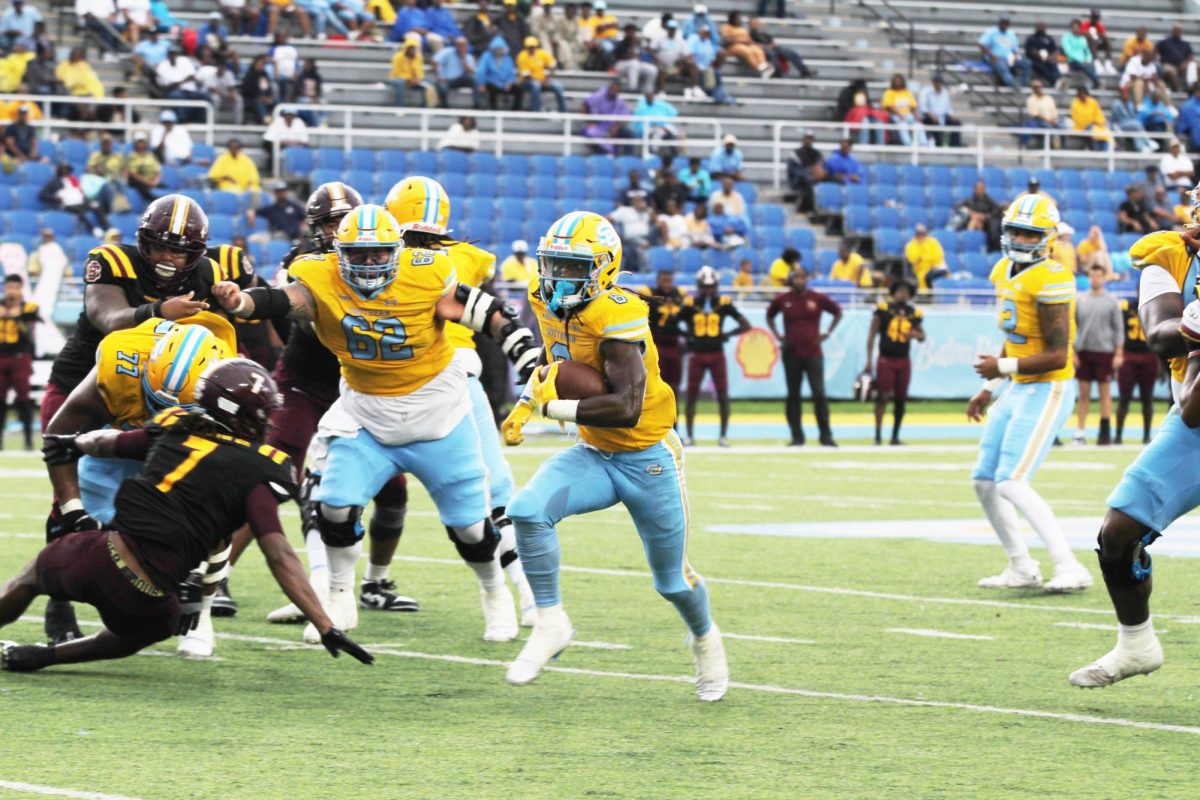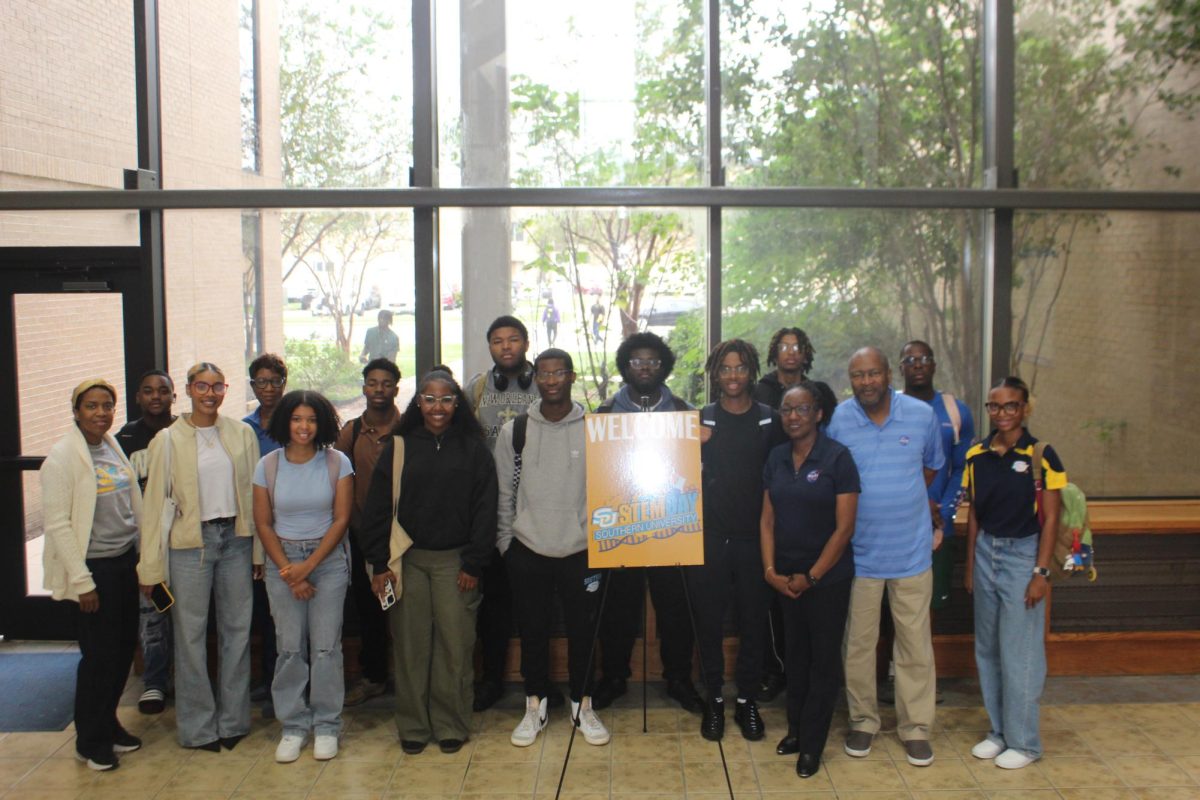Black Women in Business; The Intersectionality of Capitalism: Exploring the View from Black Women
DeBrandin Brown/Southern Digest
Black women in the United States have historically been victims of sexism and discrimination based on their gender identity. Fast forward to today where Black women have begun inching closer to some semblance of normalcy and economic freedom within this system’s parameters, and now the narrative itself seems to be attacking them.
Capitalism in the unrestricted and unregulated form that it appears in today is viewed by many leftist economists, such as Heidi Hartmann, as immoral in the sense that it is exploitative by nature. It requires that workers be underpaid and underpowered in order to push the constant market and revenue growth. The machine that is American capitalism is dangerous not only because of its direct effects on sustainability and the public good, but on how it subconsciously affects society and how we interact with one another, women more specifically.
As noted by Ashley Bohrer, a Notre Dame philosophy professor, the basis for capitalism makes intersectionality possible as it encourages community division through competition and individualism. “Marxist thinkers in the twenty-first century have engaged with intersectionality, calling attention to the impoverished notion of class and capitalism on which it relies,” said Bohrer.
The majority of Black men are persecuted on the levels of their race and class, whereas women are discriminated against on all these fronts as well as by their gender. This makes the history of women gaining suffrage, and the ability to own property and hold public office all important aspects of our society’s growth.
“It is my belief that not only must the hierarchical nature of the division of labor between the sexes be eliminated, but the very division of labor between the sexes itself must be eliminated if women are to attain equal social status with men and if women and men are to attain the full development of their human potentials,” said Heidi Hartmann, an economist, and founder of the Washington-based Institute for Women’s Policy Research.
Noting that the systems that exist perpetuate the patriarchy, Hartmann has done numerous studies highlighting how the history associated with women’s rights in the United States is directly tied to success and the lack thereof of female capitalists.
The most important part of being a successful businessman or woman is being marketable and being able to pitch your ideas to anyone who comes to you. Conventional wisdom says that in order to succeed in such an endeavor, however, virtues such as perseverance, hard work, and ethics must all be present in a black woman’s sales pitch. This isn’t to say that men don’t have these issues when building a brand, but for women, the patriarchal aspect of American capitalism almost subconsciously plants the seed of doubt in those being pitched and requires that individual to prove that they belong.
DeAnna Moncreef, Chief of Staff for the SUBR Chapter of the NAACP and mass communications major from Baton Rouge, Louisiana speaks to her experiences navigating the world that is capitalist America as a Black, female entrepreneur.
“Being a woman, especially a Black woman in America, people always think that you’re inadequate or incompetent compared to your male counterparts,” Moncreef when asked about her own experiences dealing with sexism in the professional world.
One of the systemic issues believed by Moncreef to fuel the aforementioned issues of gender inequality within the professional world includes the gender wage gap, a phenomenon that has seen women historically earn less than their male counterparts while holding the same positions. “It’s distasteful and disgusting. You shouldn’t pay someone based on their race or their sex, you should pay someone based on how they fulfill the needs and duties associated with their job,” said Moncreef.
When asked how she believes Black women are progressing in terms of gaining ground despite the odds being systemically stacked against them, Moncreef had this to say: “I feel like now we are getting more power in those places where they don’t have regard for us at all. I feel like as time passes [and that continues], we’ll get there, but it comes back to us showing up and showing out every chance that we get.” It’s in this respect that community and principles of unity, especially among the Black community, are so crucial to undermining obstacles and gaining equity for Black women.
Categories:
The Intersectionality of Capitalism
April 3, 2023
0
More to Discover

















